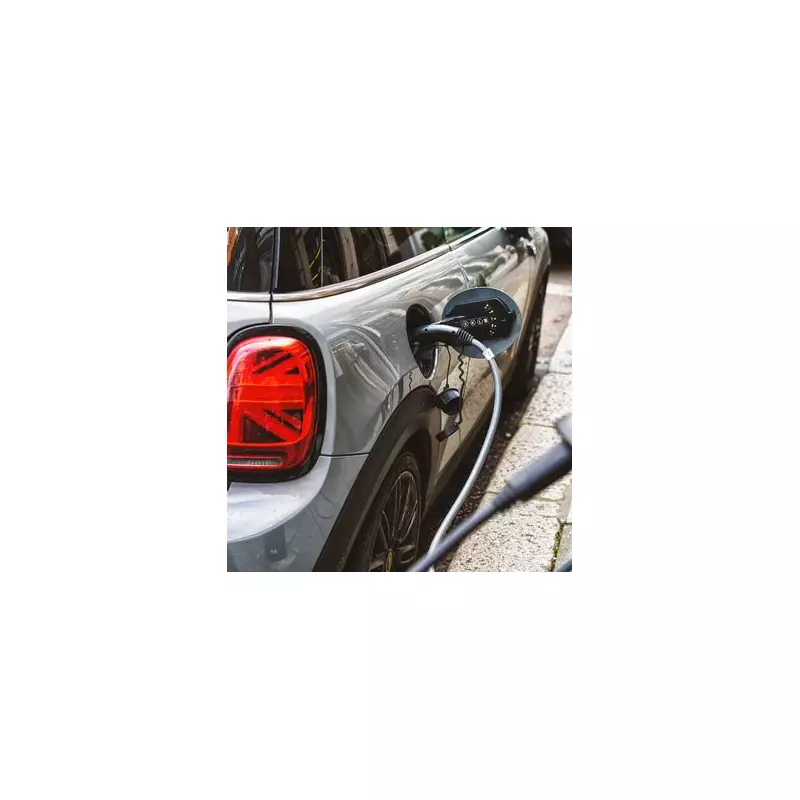
Chancellor Rachel Reeves is preparing to launch a substantial financial package worth £1.5 billion to accelerate the adoption of electric vehicles across the UK. The initiative, set to be detailed in next week's Budget, will provide thousands of drivers with significant discounts and expand the nation's charging infrastructure.
Substantial Savings for Electric Car Buyers
The centrepiece of this new strategy is a major extension of the Electric Car Grant scheme. The programme will receive a £1.3 billion boost, securing its future for an additional year. Under this scheme, car manufacturers can apply for a grant that allows them to sell eligible vehicles at a lower price, passing the savings directly to the consumer.
This financial support means that thousands of drivers could benefit from up to £3,750 each to help cover the upfront cost of switching to an electric vehicle. Since its launch in July, the grants have already assisted over 35,000 motorists in making the transition, reducing costs by nearly £4,000 for many. An initial £650 million had already been committed to the scheme until the 2028/29 financial year.
Expanding the UK's Charging Network
To address concerns about where to power up these new vehicles, the government is also injecting £200 million to roll out more public chargepoints across the country. This fresh funding is in addition to the £400 million already announced earlier this year, signalling a strong commitment to building a comprehensive and reliable charging network.
Furthermore, the Chancellor is expected to publish a consultation focused on making it easier and cheaper for people without a driveway to charge their electric vehicles, ensuring the transition to EVs is accessible to all.
Securing Britain's Supply Chain for the Future
Alongside the consumer-focused grants, the government has announced a landmark plan to bolster the UK's domestic production of critical minerals. These materials, such as lithium, nickel, and copper, are essential for manufacturing electric vehicles, as well as smartphones, laptops, and wind turbines.
Currently, the UK produces only 6% of the vital components it needs, creating a strategic vulnerability due to an overreliance on imports, particularly from China, which controls 70% of rare earth mining and 90% of refining globally.
Under the new strategy, Britain aims to produce 10% of its raw material needs domestically and 20% through recycling by 2035. The demand for these materials is projected to surge; for instance, the need for lithium—crucial for electric car batteries and laptops—is expected to increase by 1,100% in the UK by 2035.
The plan includes a goal to produce at least 50,000 tonnes of lithium in the UK within the next decade—a quantity greater than the weight of the Titanic. To support this ambition, £50 million will be allocated to boost UK businesses working on critical minerals projects, with key regions like the North East, Teesside, Devon, and Cornwall identified as holding vital resources.
Prime Minister Keir Starmer commented on the strategy, stating, "Critical minerals are the backbone of modern life and our national security... For too long, Britain has been dependent on a handful of overseas suppliers, leaving our economy and national security exposed to global shocks." He affirmed that the government is taking decisive action to change this by boosting domestic production and recycling.
The announcement has been welcomed by industry experts. Jeff Townsend, Chief Executive of the Critical Minerals Association, said, "We welcome the Government’s renewed commitment to securing the critical minerals that underpin the UK’s Industrial Strategy and future economic resilience. This strategy marks an important and timely step forward."





